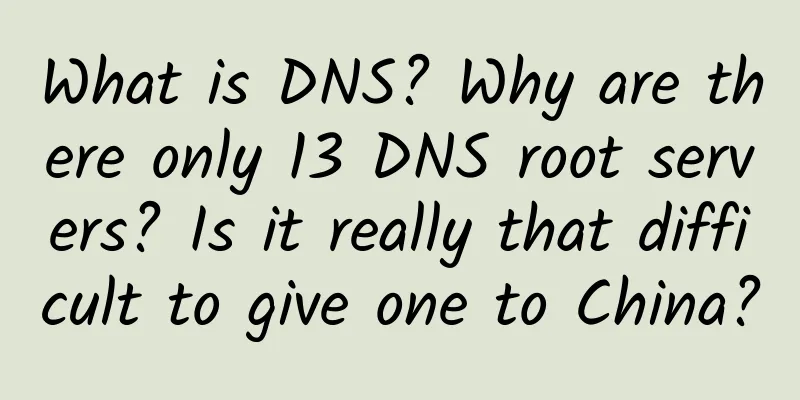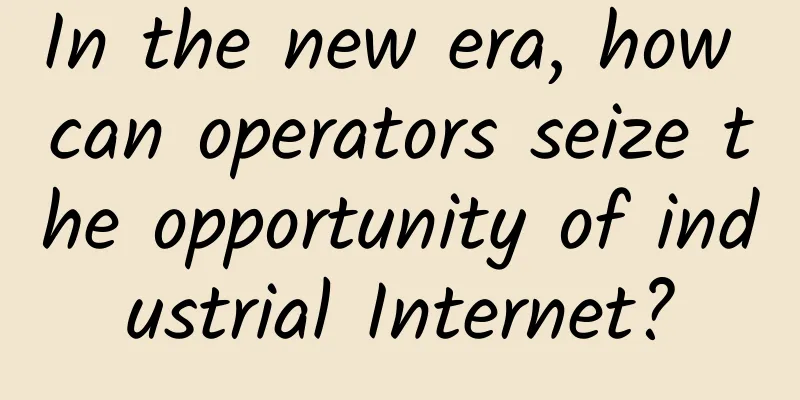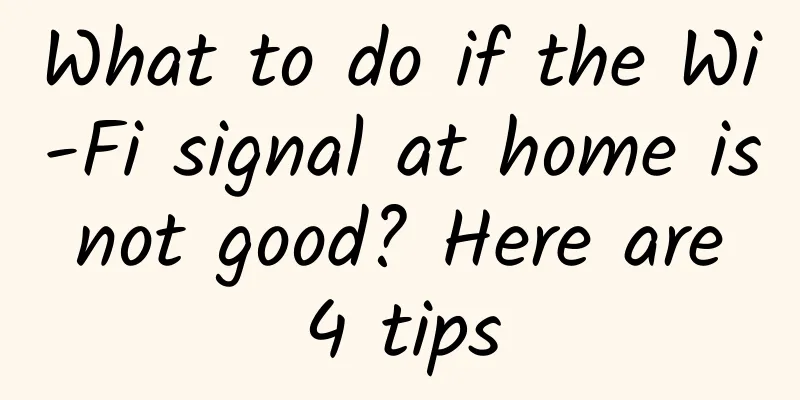Operators’ deployment of the Metaverse: a good business that will not lose money whether you win or lose

|
Recently, the hottest word is naturally "metaverse", which, like Clubhouse a few months ago, presents a seamless connection between the technology fantasy circle and the stock market speculation circle in the post-Internet era. Judging from the various understandings of the metaverse that have been interpreted so far, the metaverse is almost a collection of technologies such as 5G+AICDEB (artificial intelligence, big data, cloud computing, virtual reality, blockchain, etc.), and is a beautiful design for the future development of the Internet. Of course, many people still only view the Metaverse from the perspective of cloud gaming and VR/AR upgrades, and the Metaverse is far more conceptual than practical at its current stage of development. But no matter how you understand it, the Metaverse needs the support of a high-speed, low-latency super communication network infrastructure. Without this key link, the Metaverse is not even a "castle in the air." If we temporarily assume that the metaverse is not a fantasy but an "oasis" that will arrive in a few years, then operators obviously do not want to miss this feast. At the "2021 International Digital Technology Exhibition and Tianyi Smart Ecosystem Expo", China Telecom announced that it will promote ecological cooperation in cloud VR, cloud AR, cloud games, etc., to help the rapid implementation of metaverse scenarios, and also launched a hyper-realistic digital human - "China Telecom No. 001 Digital Employee Xiaolin". In fact, a long time ago, China Telecom selected the virtual singer "Luo Tianyi" as its brand spokesperson. China Telecom is not the only operator that is eyeing the development of the Metaverse. Migu, a subsidiary of China Mobile, has made in-depth arrangements in VR for a long time, not only launching virtual hosts but also proposing the concept of computing power network. At the "2021 China Mobile Global Partner Conference Product Innovation and Integration Launch Conference", China Mobile MIGU Company shared the MIGU evolution roadmap of the Metaverse with the theme of "Taking the 5G Information High-speed Rail to Accelerate the Journey to the Metaverse". If we simply look at the metaverse, it does seem to be closer to games. But when we study it, we find that the metaverse is more of a reflection of the real world, all-encompassing. Although the content is important, the entrance is not necessarily important. The core of the realization technology is the core. In the future, if the metaverse really becomes a digital space-time parallel to the physical world, whoever controls the core technology will become the real trend-setter. Operators have unique network advantages. The current 5G and the future 6G will undoubtedly become the core resources of operators. Especially from the development of 5G, operators are beginning to get rid of the fate of "network pipelining" and return to the center of the social industrial chain. If the metaverse era arrives, operators will not be able to do without them, and the lack of their dominant position will be even more unacceptable. In other core technologies, which are the key areas of "new infrastructure", operators are not bad either. Cloud computing and big data are developing rapidly, and there are also huge investments in the fields of the Internet of Things and artificial intelligence. They are basically on the same starting line as other Internet companies and are qualified to compete. Overall, operators and Internet companies have kept pace with each other in the concept expansion and industrial development of the Metaverse. Don’t underestimate the word “synchronization”, because synchronization is the result of operators’ first strong catch-up after being suppressed by Internet companies for more than a decade. It can be said that operators can at least keep pace with Internet companies in the development of the Metaverse and will not miss the historical opportunity. The Metaverse is a product of the digital economy and a milestone in the digital era. Unlike the Internet era, where traffic is king, the digital economy era emphasizes operations, which is the strength of operators with strong leadership and execution. Internet companies are good at building the framework of the Metaverse, and operators may be more suitable for operating and maintaining this digital space and time. It can be concluded that if operators are not the final winners of the Metaverse, then Internet companies are even less likely to be. Of course, all of the above is based on the assumption that the Metaverse can eventually be realized. Even if the Metaverse eventually becomes a stock speculation concept, operators have nothing to lose. At most, they will be considered to have participated in a failed major project. Learning to properly hype and package, and telling their own business stories well, may be a greater gain for operators. |
<<: Starlink banned from service in India until it gets internet license
>>: There is no optical communication without optical modules, is it true?
Recommend
Approaches to Solving Multiradio Hardware Design Challenges
The combination of multi-radio and multi-protocol...
Empowering enterprise digital development with security, Xinglan Technology appears at the 2022 China International Fair for Trade in Services
From August 31 to September 5, the 2022 China Int...
Tencent interview: On a 32-bit 4GB system, accessing 2GB of data, what will happen to the virtual memory?
Hello everyone, I am Xiaolin. Today a reader sent...
TCP/IP Appetizer: HTTP
[[381273]] This article is reprinted from the WeC...
In the Internet age, do you know where your WiFi comes from? See the four working modes of WiFi module
The four common working modes of WIFI modules: tr...
Inventory: 11 foreign SASE vendors
SASE (Secure Access Service Edge) is a networking...
Share an interesting data analysis method
[[405125]] This film note is a development summar...
Which cloud SMS service is better? Borui Data released a cloud SMS evaluation report
Introduction Beijing Borui Hongyuan Data Technolo...
HTTP request headers - the basics you need to remember
Introduction Usually HTTP messages include reques...
Liu Biao, technical expert of the Information Accessibility Products Alliance: Using emerging technologies to reduce barriers to information access
[51CTO.com original article] When people use vari...
Matter is about to be launched. What surprises will it bring to the smart home market?
According to the news on the CSA Alliance's o...
CDN price competition is becoming increasingly fierce, and the industry may be "rewritten"
Since the CDN technology architecture was invente...
Interview with Tong Yongyue: Will CDN that advocates "standard size" have bigger moves in the future?
As the infrastructure of the Internet, CDN has be...
Huawei Enjoy 10S is launched: hardcore performance + large battery, a new entertainment choice for young people
With the continuous development of mobile phones,...
Do you know all the HTTP protocols?
[[390013]] 1. HTTP protocol HyperText Transfer Pr...



![[5G Encyclopedia] How does 5G implement TDD?](/upload/images/67eb9cae690e9.webp)





